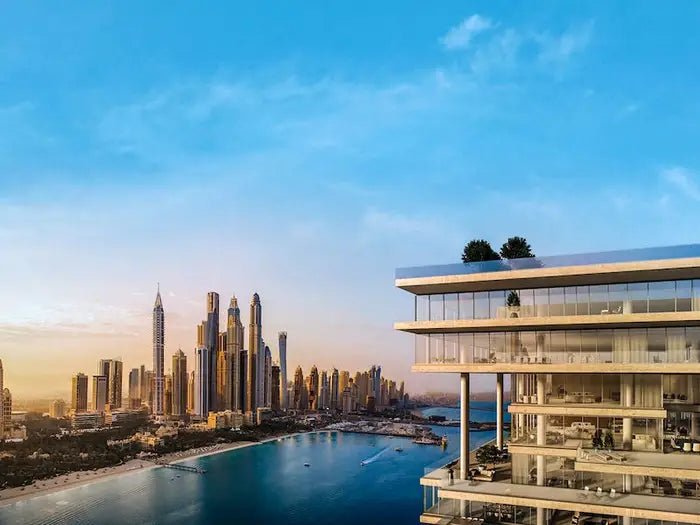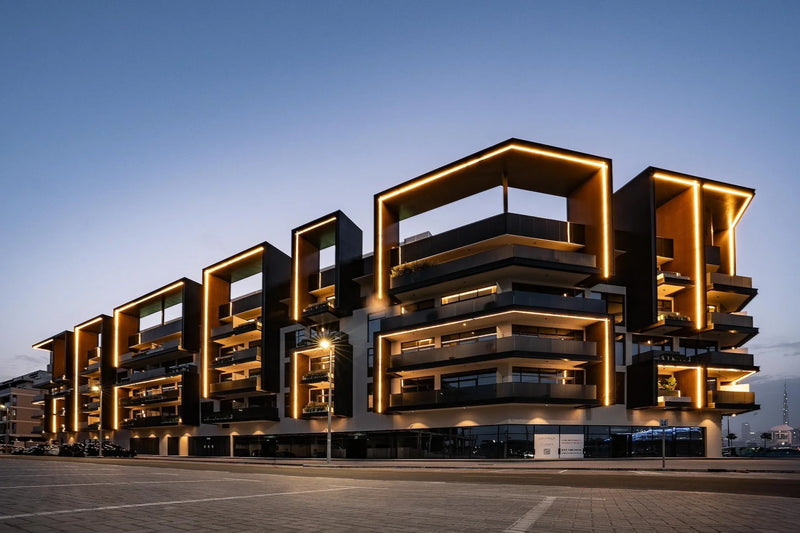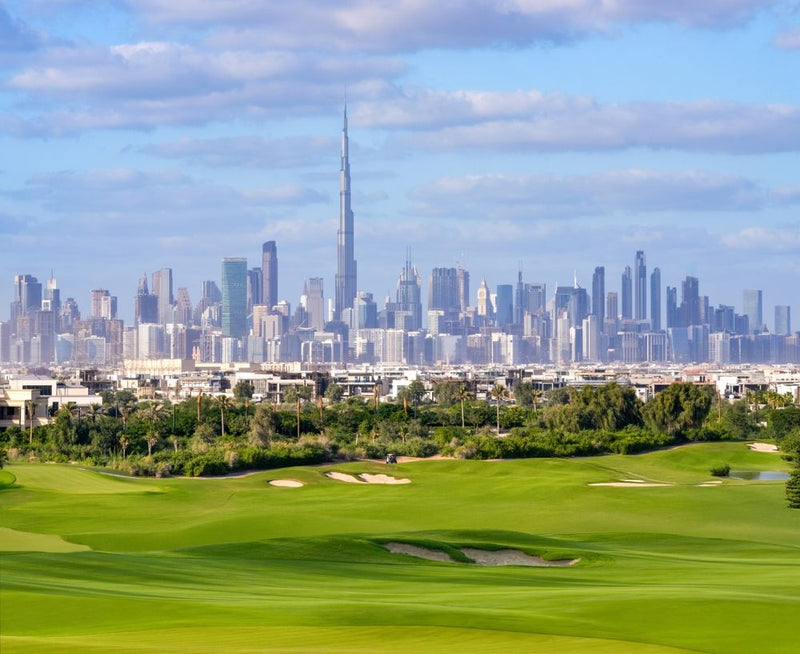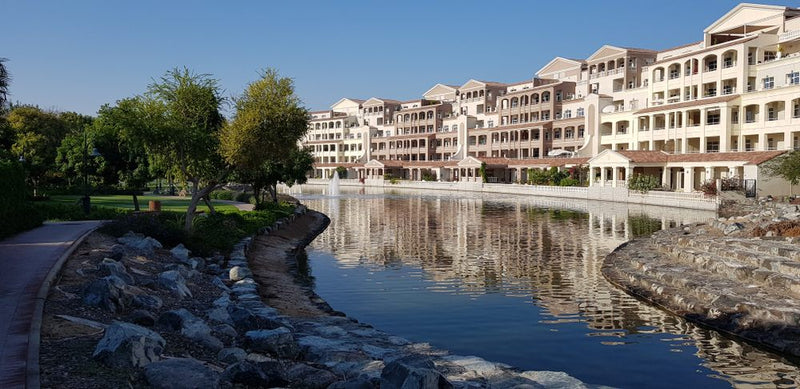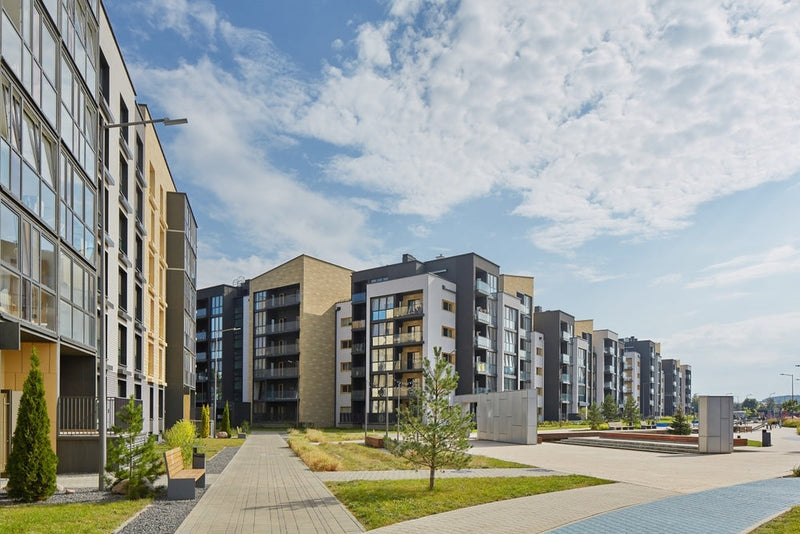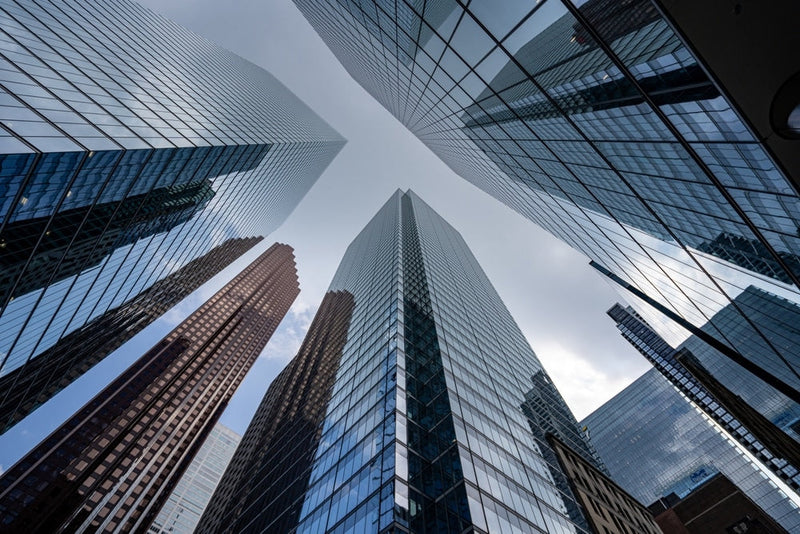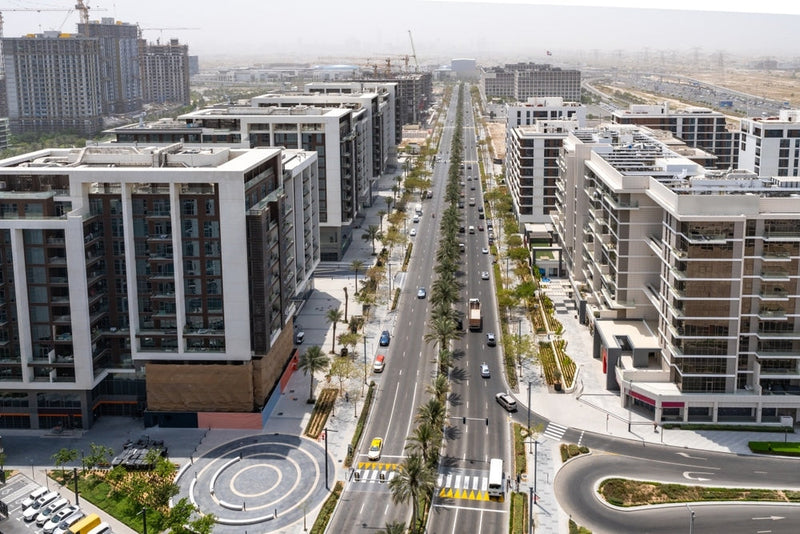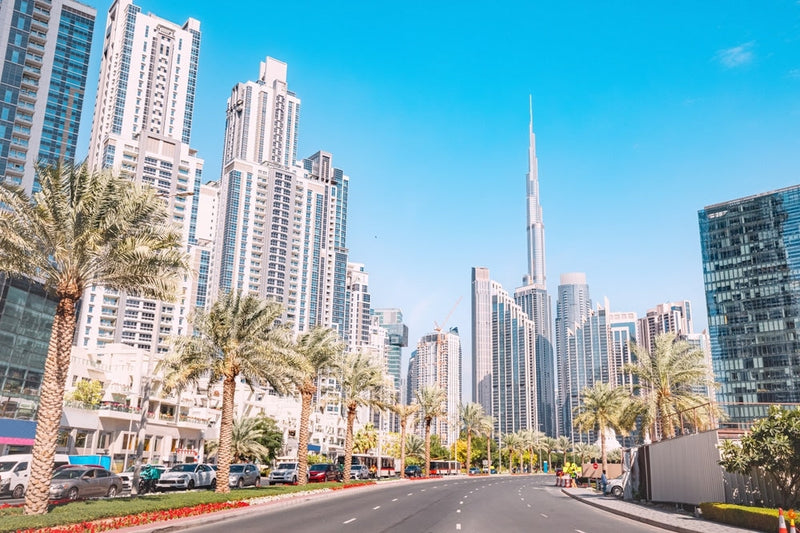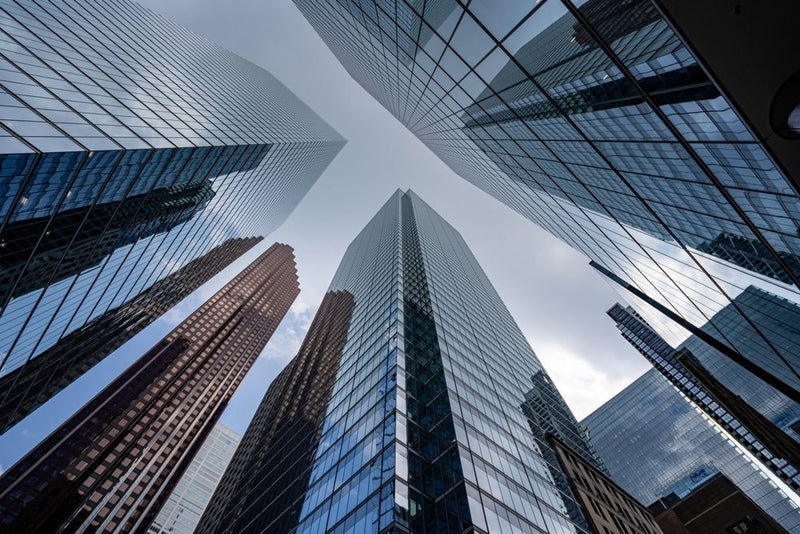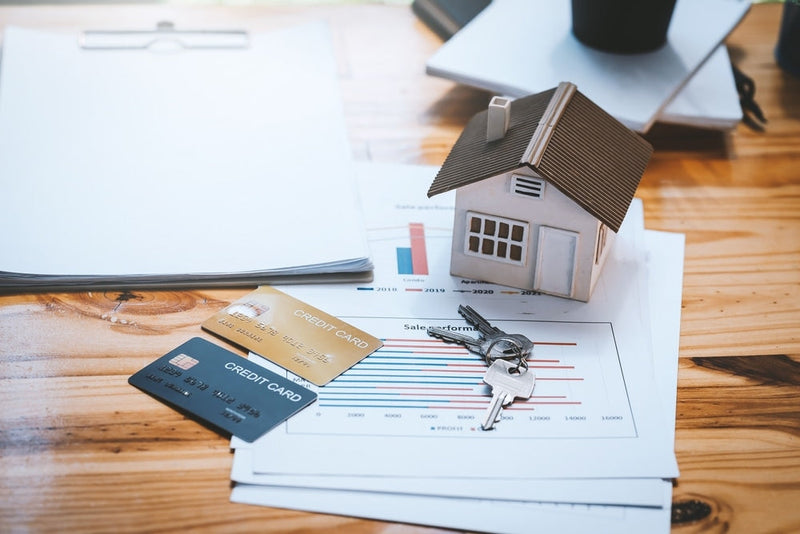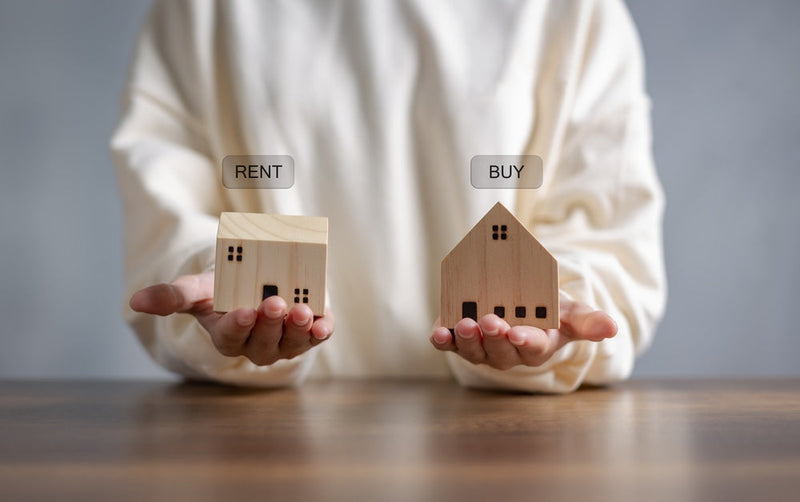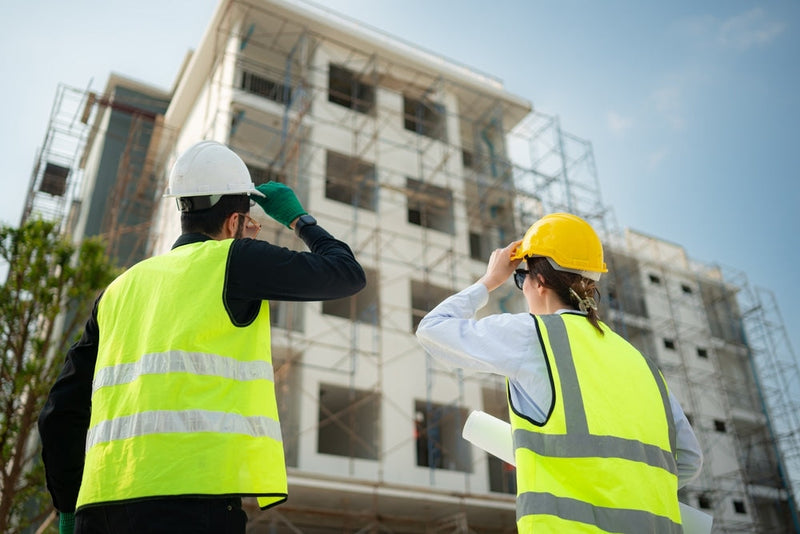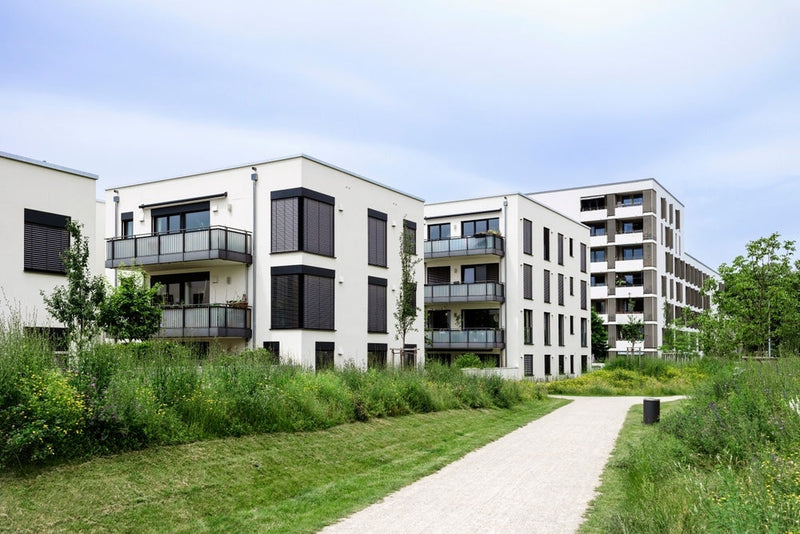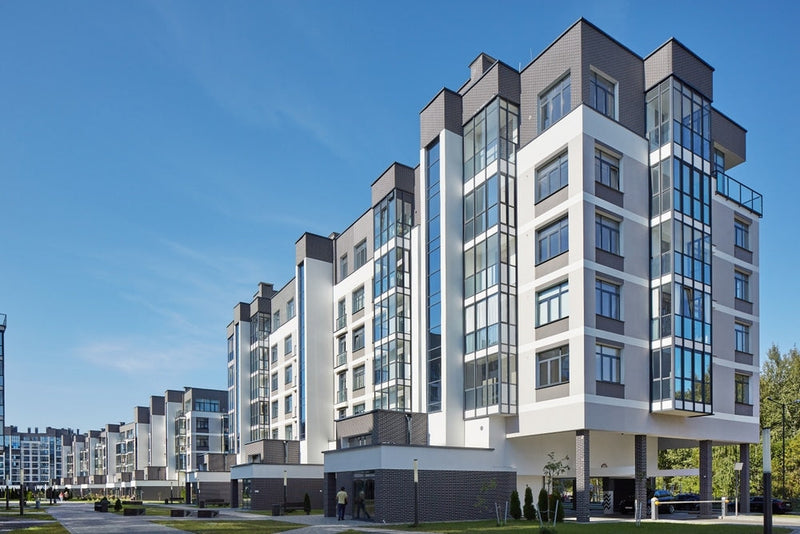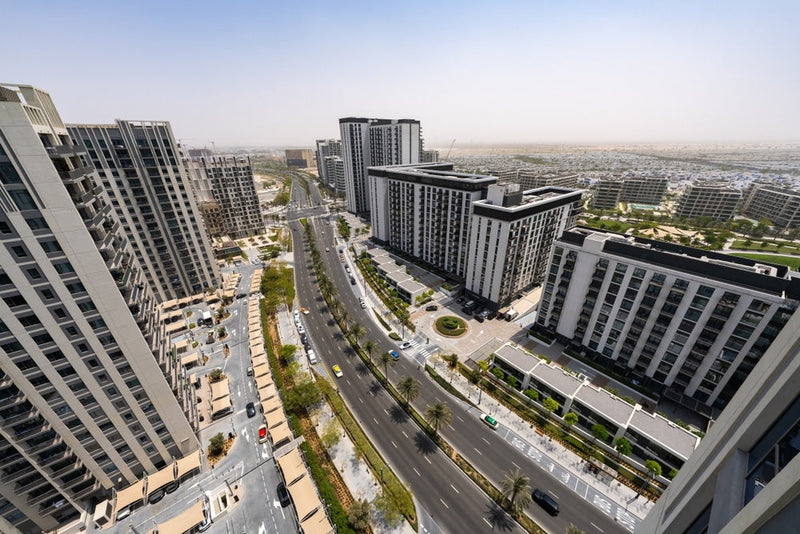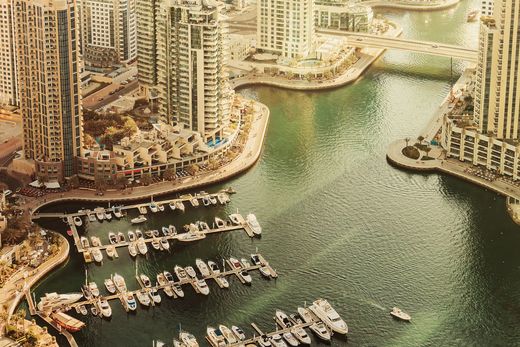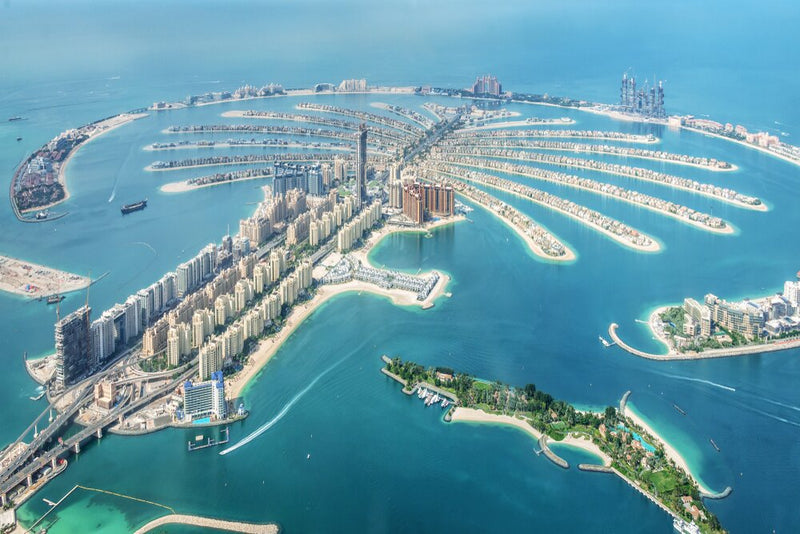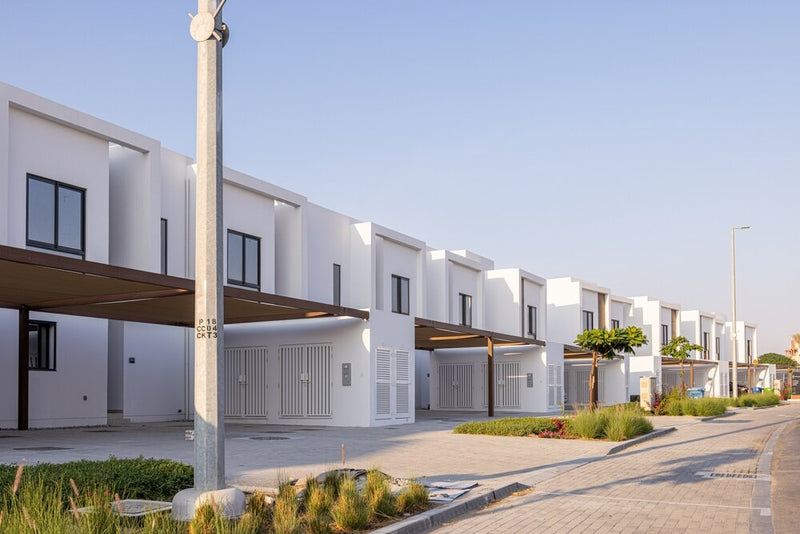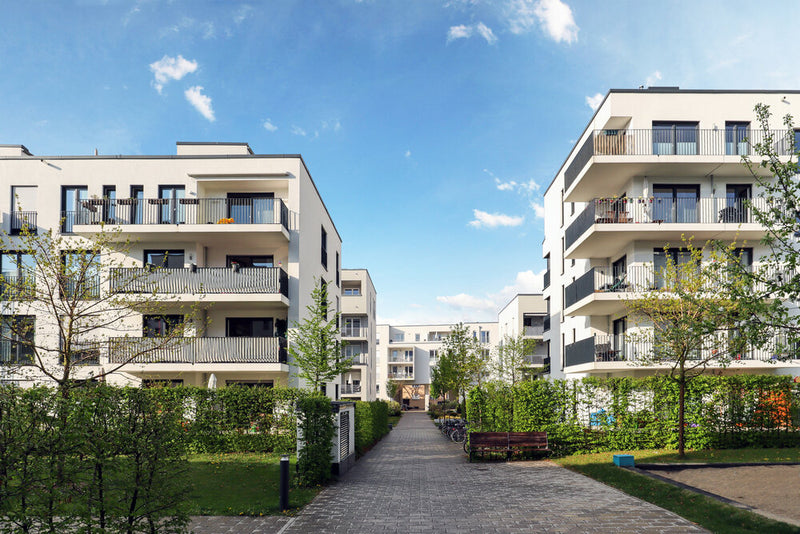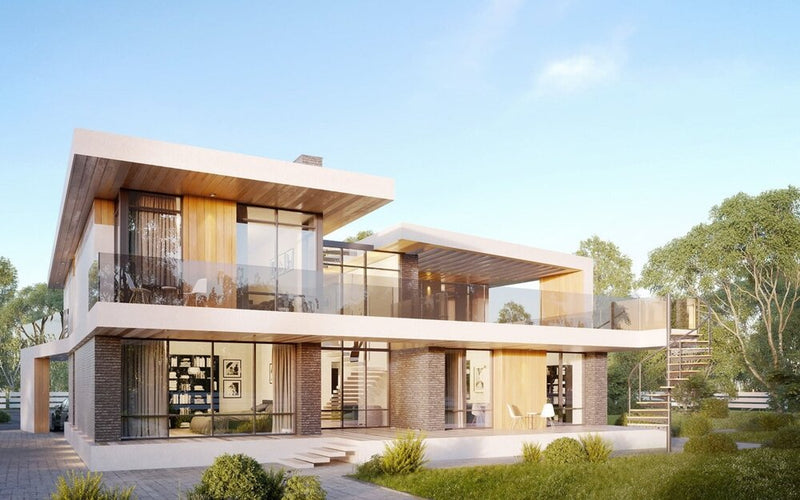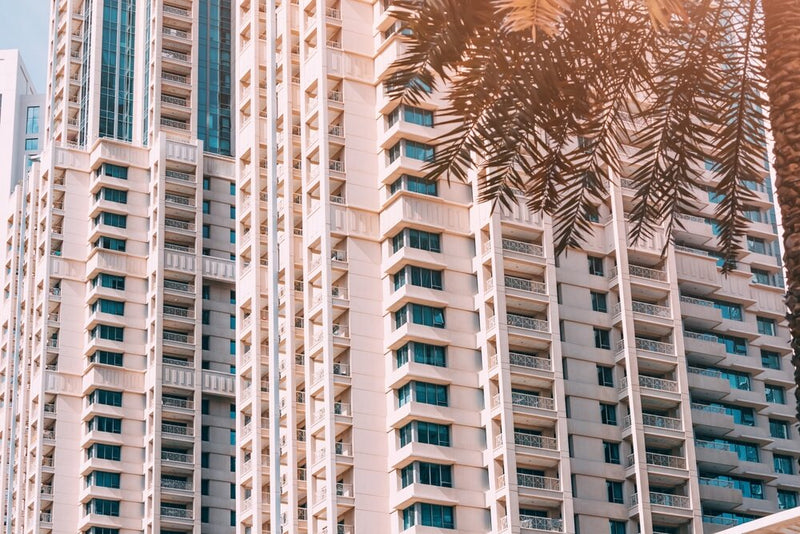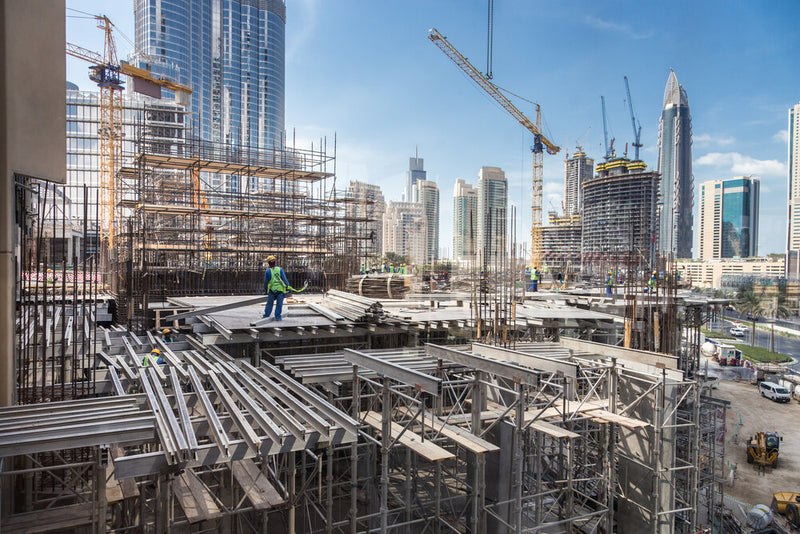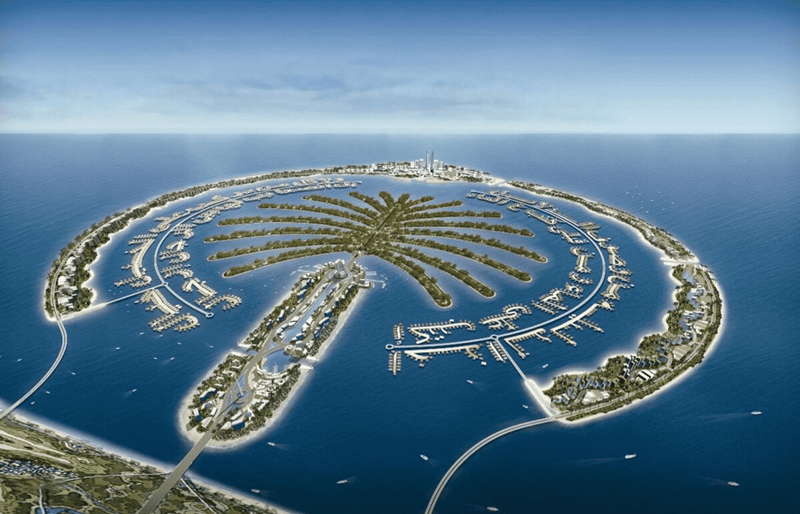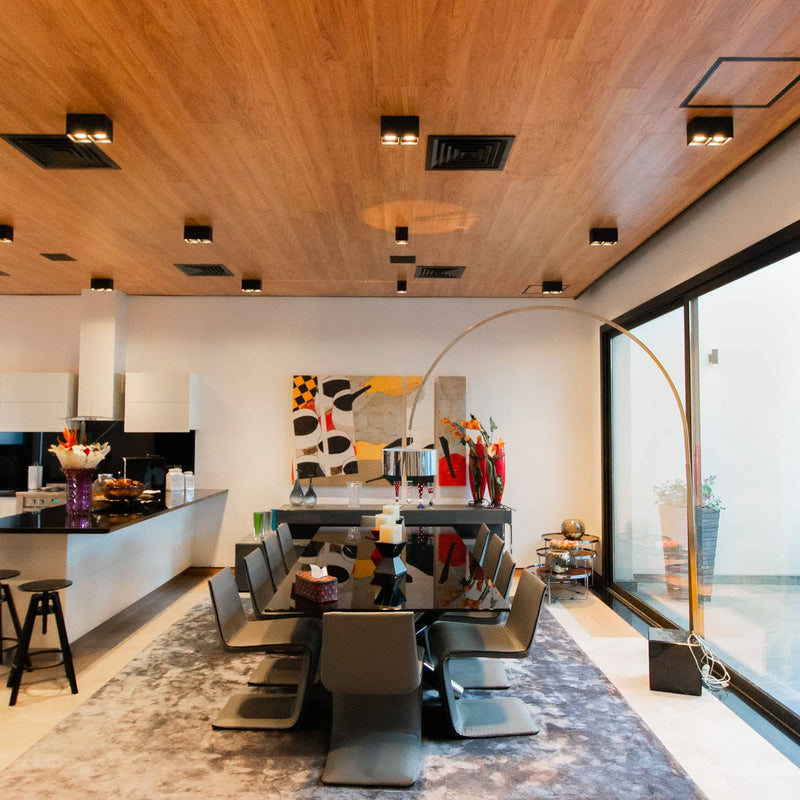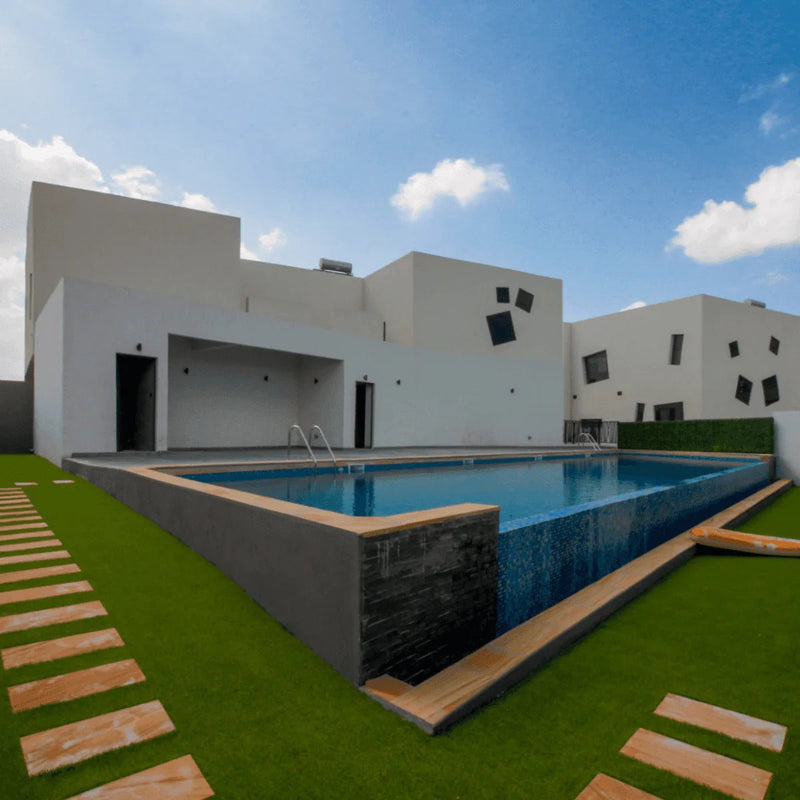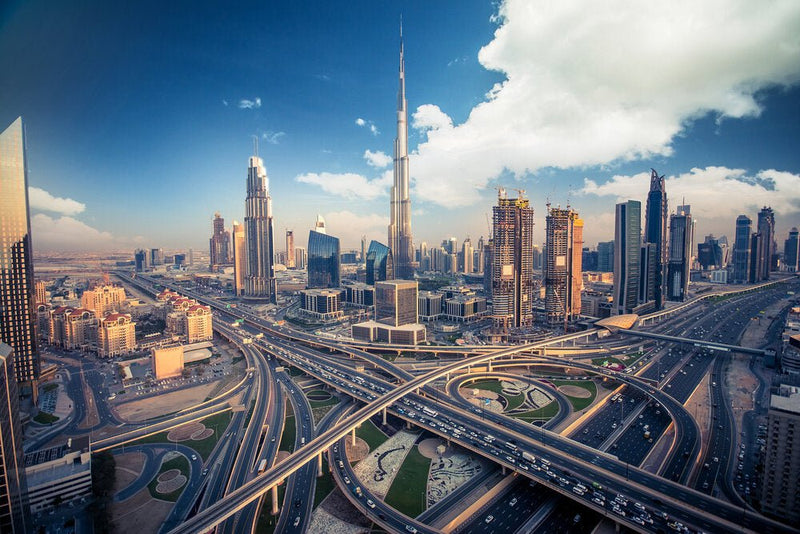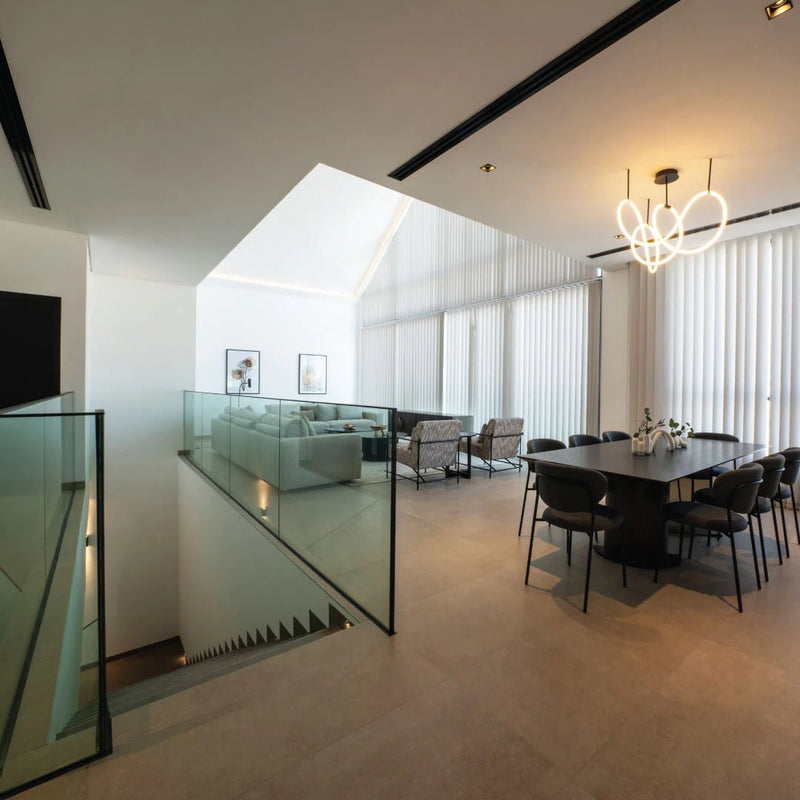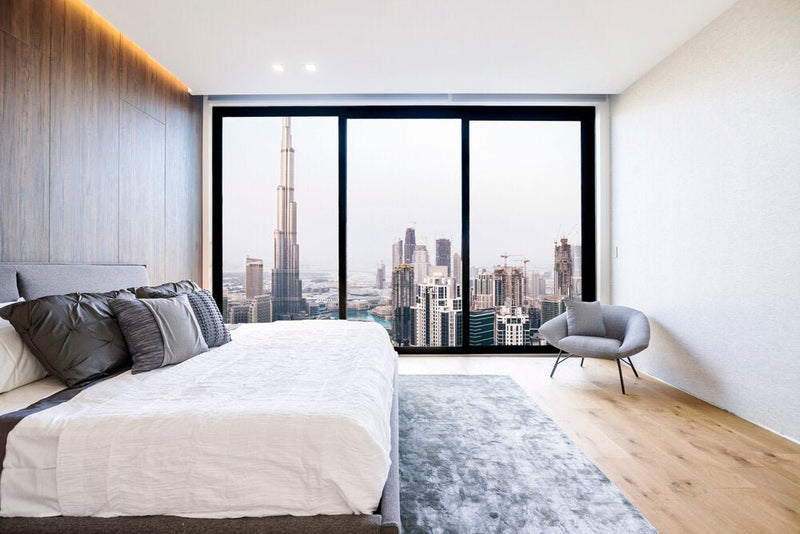Foreign investors have always been drawn to Dubai's real estate market because of the city's thriving economy, prime location, and cosmopolitan culture. This manual explores the many opportunities for foreign investment in Dubai's real estate market, the pros and cons of such endeavors, the leading countries that are investing in Dubai, and the rules and laws that govern such deals.

Types of Foreign Investment in Dubai Real Estate
Residential PropertiesPeople looking for a vacation house, permanent residence, or rental income often choose to invest in residential properties. There is a wide range of housing alternatives in Dubai to suit various budgets and interests, from buying high-end villas to affordable studio apartments.
Commercial PropertiesInvestments in commercial real estate might encompass anything from offices to shopping centers to factories. Due to Dubai's rising popularity as a business and tourist destination, these assets have the potential to generate stable rental income and appreciation.
Off-Plan PropertiesBuying a property while it is still in the planning stages, or "off-plan," is possible. Since prices may rise before the project is finished, this strategy has the potential to yield high profits. The increased exposure to market risk is not without cost.
Real Estate Investment Trusts (REITs)With a real estate investment trust (REIT), investors can buy a piece of a diverse portfolio of properties without taking on the hassle of managing that portfolio themselves. The Dubai Financial Market oversees these investment entities, which pay dividends consistently.
Benefits of Foreign Investment in Dubai Real Estate
The real estate sector in Dubai has provided reliable returns for investors. The city's strong economy, rising property demand, and thriving tourism industry all bode well for future appreciation and rental returns.
Investing in Dubai is attractive because of the city's tax policies. Investors from other countries do not have to worry about paying taxes on their income, gains, or property. Investment returns after taxes will be increased because of this climate.
Cultures worldwide come together in Dubai thanks to the city's cosmopolitan atmosphere and large expat community. Investors who want to learn about different cultures and meet new people will find the city a great place to do so.
Dubai's location as a crossroads between East and West makes it an ideal center for international commerce. This factor raises the worth of commercial assets and provides new prospects for doing business globally.
The city's dedication to state-of-the-art infrastructure and contemporary conveniences makes it an attractive place to live and do business. This pledge has boosted the appeal of Dubai's property market.
Challenges of Foreign Investment in Dubai Real Estate
Market Volatility
Property values in Dubai's real estate market are susceptible to variations in response to economic variables, regulatory changes, and global events, much like in any market.
Oversupply Concerns
Oversupply has been an issue in the Dubai market, lowering property values and lowering rental returns at times. Finding markets with high demand requires extensive investigation.
Legal Nuances
Dubai's real estate regulations can be challenging to understand, especially for foreign investors. You must know property registration, immigration rules, and ownership rights.
Which Countries Invest Most in Dubai’s Real Estate?
Foreign investors have poured billions of dollars into Dubai's property market, but their motivations vary by country. Investors from India, attracted by Dubai's high standard of living, thriving economy, and promising real estate market, have become significant contributors. Due to its closeness and shared culture, Saudi Arabia has significantly affected Dubai's real estate market, especially in the high-end sector.
The United Kingdom's status as a leading investor has been bolstered by the city of Dubai's accessibility to international markets and the country's longstanding ties to the region. The participation of these nations demonstrates Dubai's international attractiveness and highlights the city's potential as a center for a wide range of international real estate investments.
Regulations and Rules for Foreign Investment in Dubai Real Estate
The real estate market in Dubai is regulated to safeguard both investors and the integrity of the industry.
Property in freehold zones is open to foreign persons and corporations. These locations tend to be found in older, more established communities.
Long-term investors are drawn to Dubai because they can buy property there and use that to apply for residency.
For property transactions to be legal and transparent, investors must interact with real estate agents.
For pre-construction or "off-plan" developments, developers must use escrow accounts to hold buyer deposits. This safety net guarantees that the right resources are used and that building goes forward as scheduled.
GAMMA Real Estate provides a variety of properties to suit the needs of investors interested in Dubai's real estate market. Find the perfect property for sale in Dubai today and make an impact on the city's thriving property market.
